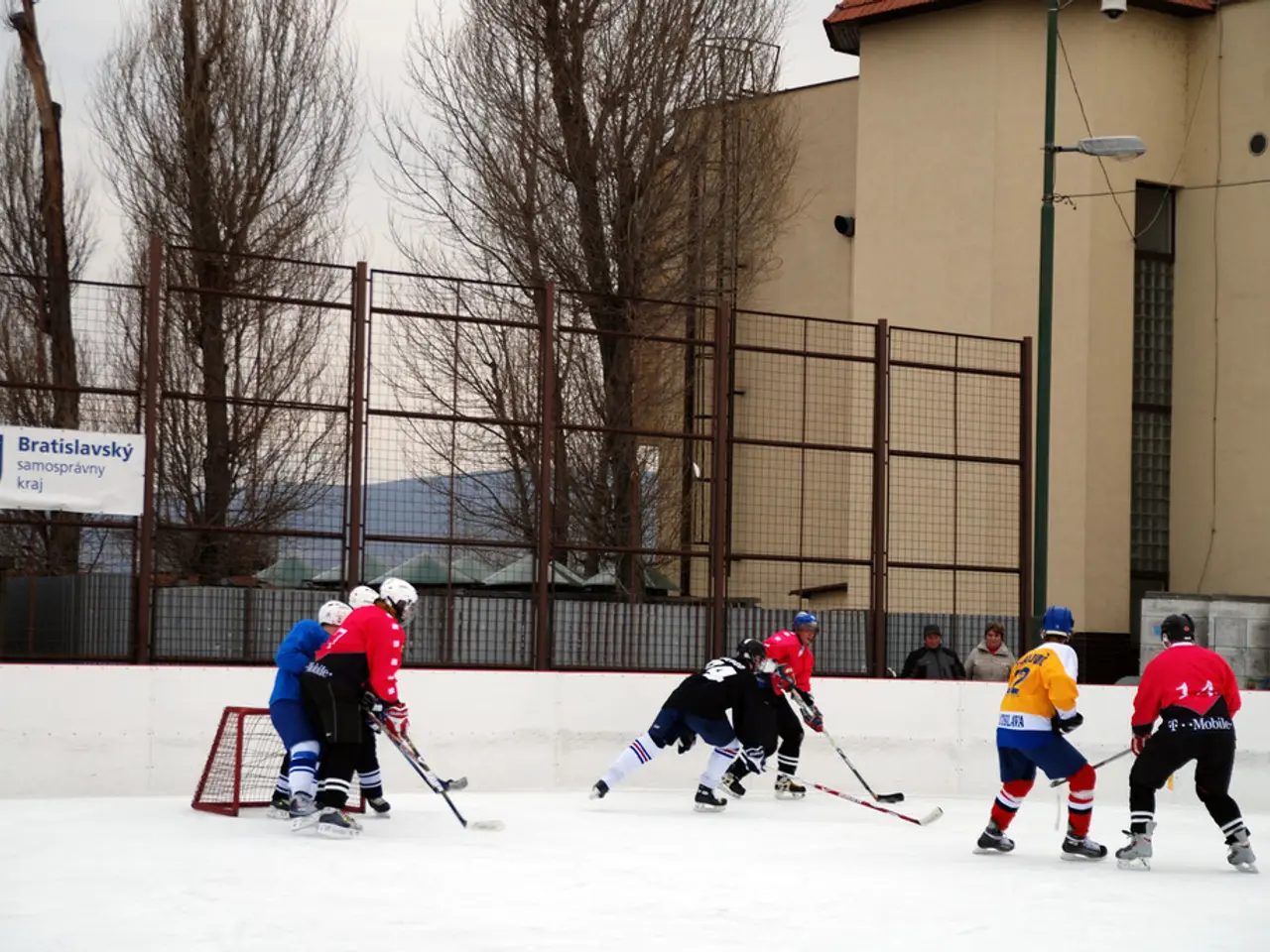Hockey Canada Trial Spotlights Victim Testimony, Consent, and Sport Culture
A recent sexual assault trial involving five former Hockey Canada players has sparked debate about victim testimony, court procedures, and the culture within elite hockey. The case ended with a not guilty verdict, highlighting issues surrounding victim testimony and the burden of proof.
E.M., the complainant, exhibited common reactions to dangerous situations during her testimony. She experienced self-silencing and judgmental self-doubt, which are typical responses to trauma. However, inconsistencies in her testimony raised concerns about her credibility, despite not necessarily indicating deception.
The trial underscored that the burden of proof lies with the Crown to demonstrate the complainant's lack of consent, not on the defence to prove consent. The 'freeze' response, a common reaction to trauma, was misinterpreted as passivity, potentially leading to misunderstandings about consent.
The not guilty verdict has reignited scrutiny of Hockey Canada's institutional values and environments for elite players. Critics argue that the organization should hold the entire team accountable, not just implement training programs. The case has also drawn attention to early gender socialization, which can teach women to suppress negative statements or fears to maintain harmony.
The trial's outcome has fueled discussions about victim testimony, the burden of proof, and hockey's culture. Hockey Canada and the National Hockey League are reviewing the players' eligibility, while the public awaits accountability and change within the sport's institutions.
Read also:
- CEO Efe Cakarel of film platform Mubi addresses controversy regarding new investor and Israeli military ties, establishes advisory board and fund to safeguard artists under threat.
- Corporate Execs Push 'Masculine Energy' Trend, Risking Company Stability
- Fiscal Rules Face Global Challenges Amidst Economic Pressures
- Generation Z Sparks Political Uprisings Across South Asia




